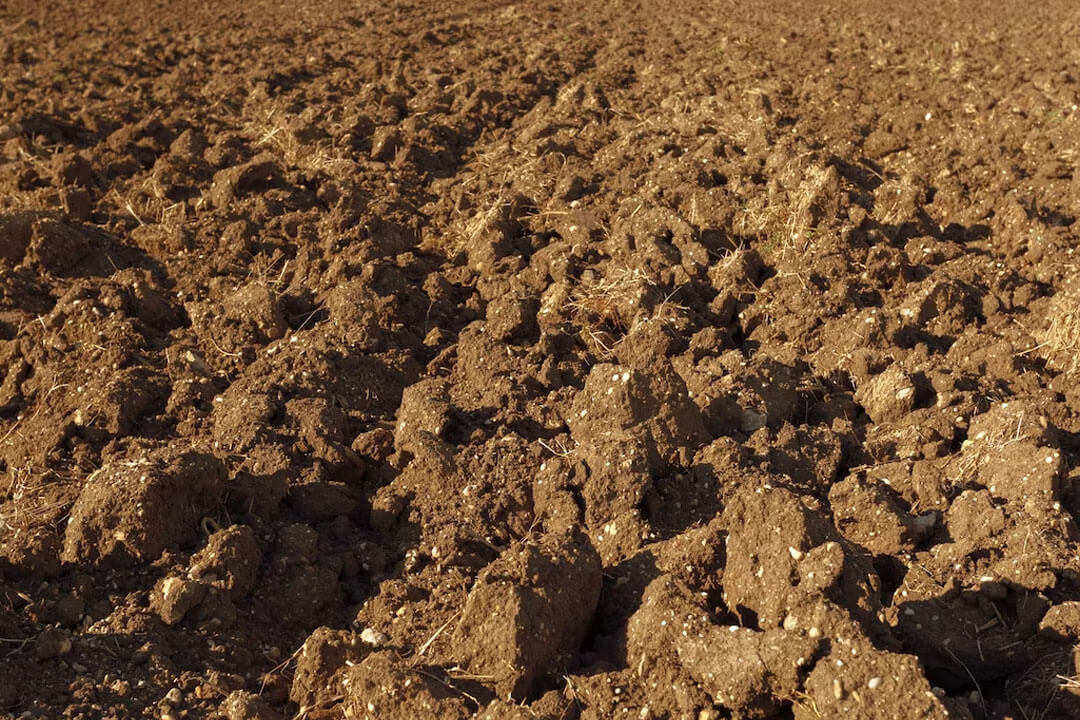
Soil degradation is a pressing issue that has been affecting the global agricultural industry for years. According to recent studies, about 33% of the world’s soils are already degraded, and this trend is accelerating. Soil degradation refers to the decline in the physical, chemical, and biological quality of soils, resulting in a significant reduction in their ability to support healthy plant growth.
In recent decades, the status of soil fertility has declined due to unsustainable soil management practices, leading to a drastic decline in food vitamin and nutrient content. The impact of soil degradation is particularly severe in developing countries, where agriculture is the mainstay of the economy, and a large proportion of the population depends on farming for their livelihoods.
Several factors contribute to soil degradation, including intensive tillage, excessive use of chemical fertilizers and pesticides, overgrazing, deforestation, and climate change. These practices strip the soil of its organic matter, alter the soil structure, reduce water-holding capacity, and degrade the microbial diversity in the soil.
The degradation of soil fertility has severe consequences on the quality and quantity of food production. Crops grown in degraded soils are often nutrient deficient, leading to poor yields and low-quality food. In addition, crops grown in degraded soils are often more susceptible to pests and diseases, leading to increased use of chemical pesticides that further exacerbate soil degradation.
To improve soil fertility and reverse the trend of soil degradation, farmers need to adopt sustainable soil management practices. Sustainable soil management practices aim to maintain soil health by enhancing soil biodiversity, increasing soil organic matter, improving soil structure, and reducing the use of chemical inputs.
One such sustainable soil management practice is conservation agriculture. Conservation agriculture involves minimal soil disturbance, continuous soil cover, and crop rotation. This approach helps to reduce soil erosion, increase soil water-holding capacity, and enhance soil biodiversity. In addition, conservation agriculture helps to increase soil organic matter, which in turn improves soil fertility and crop yields.
Another sustainable soil management practice is the use of organic fertilizers. Organic fertilizers such as compost and manure are rich in nutrients and organic matter, and they help to improve soil fertility without degrading the soil structure. In addition, organic fertilizers help to enhance soil biodiversity, which is crucial for maintaining healthy soil ecosystems.
Finally, farmers can also adopt agroforestry practices to improve soil fertility. Agroforestry involves the integration of trees and crops on the same piece of land. The trees help to improve soil structure, increase soil water-holding capacity, and enhance soil biodiversity. In addition, the trees provide shade, which helps to reduce soil moisture loss and improve crop yields.
In conclusion, soil degradation is a significant challenge that needs urgent attention. To improve soil fertility and reverse the trend of soil degradation, farmers need to adopt sustainable soil management practices such as conservation agriculture, the use of organic fertilizers, and agroforestry. These practices help to enhance soil biodiversity, increase soil organic matter, and improve soil structure, leading to improved crop yields and better food quality. By adopting sustainable soil management practices, farmers can ensure that they produce healthy, nutrient-rich food while also protecting the environment for future generations.


















